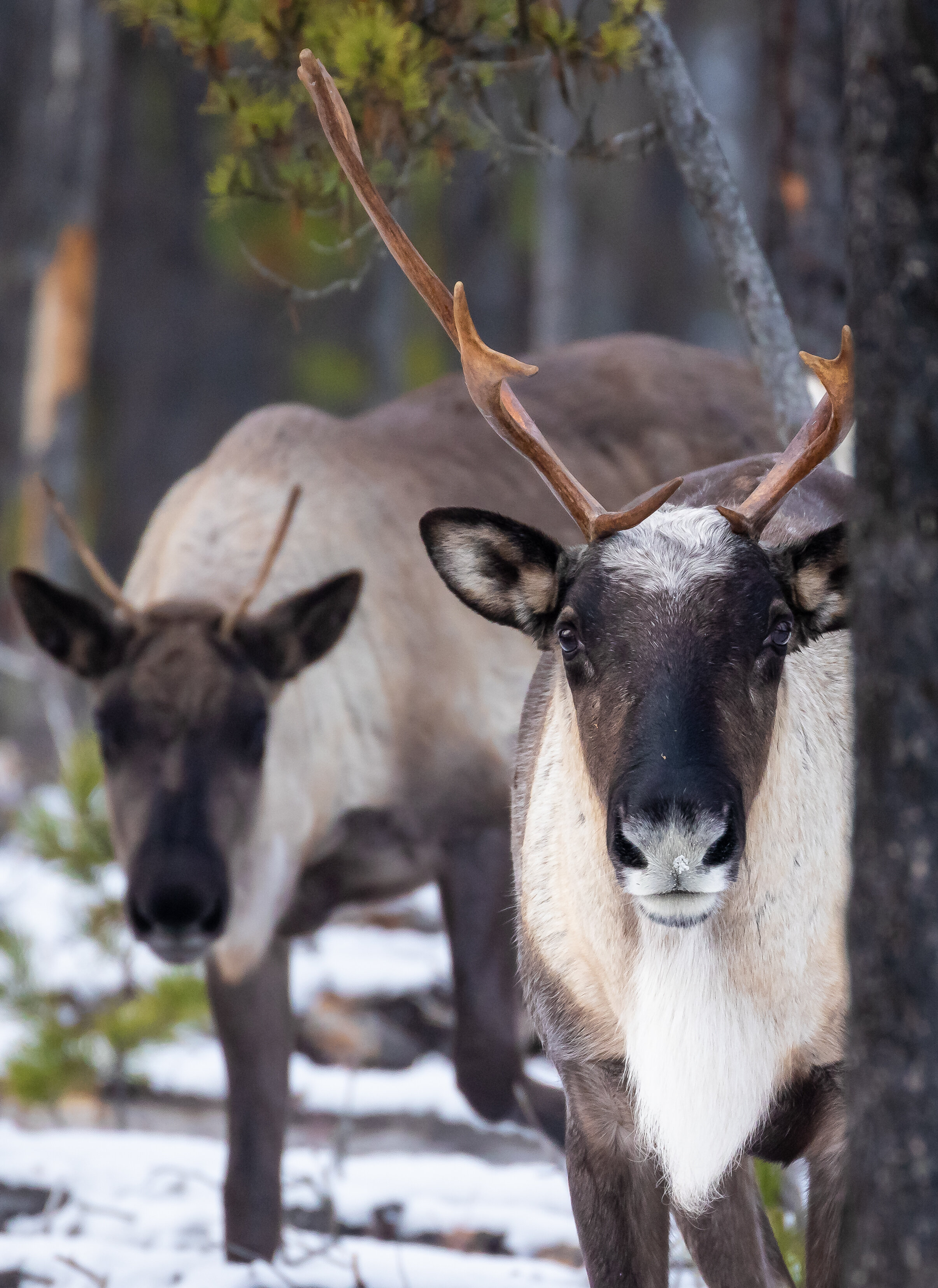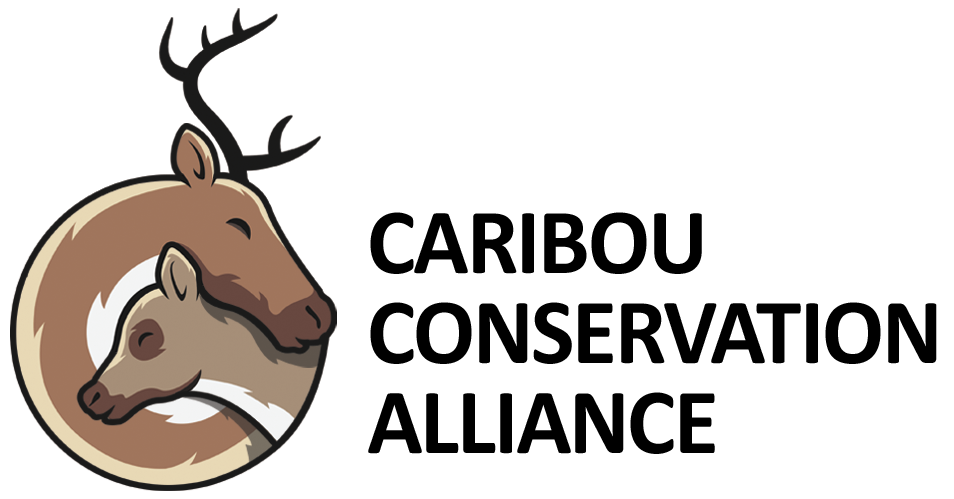
AFRICAN LION SAFARI
“One of my first, and likely the most formative, experience as a field biologist was standing in the tundra as several thousand caribou in Northern Quebec moved around me in one continuous wave as they made their way from breeding to wintering grounds. I cannot imagine a Canada without caribou. Despite our decades-long efforts to recover caribou populations, given the continued rates of decline experienced in caribou herds across Canada, we must consider alternative management scenarios such as conservation breeding to ensure the species survival in Canada. ”
— Dr. Amy Chabot, Conservation Programs Coordinator, African Lion Safari
+ Who we are
African Lion Safari (ALS) is a 750 acre CAZA-accredited wildlife park created in the name of conservation by the late Colonel G.D Dailley in 1969. Col. Dailley’s original idea of “maintaining self-sustaining populations of species in decline” continues to be the parks priority. Today, ALS is working to meet this challenge by adopting and developing innovative ways to assist in conservation of species at risk, including genomics, assisted reproduction and advances to further animal health and welfare.
To learn more about African Lion Safari, visit lionsafari.com.
+ How ALS is involved in conservation breeding
As habitats and ecosystems become increasingly altered and populations evermore impacted by human activities, a growing number of species will require some form of human management to ensure their survival. Effective species conservation planning should consider all options when assessing what actions are necessary to address the conservation pressures facing a particular species. Ex situ (in human care) management is one possible option that can contribute to the conservation of threatened species.
African Lion Safari and Wildlife Preservation Canada recently co-founded the Canadian Species Initiative (CSI) (www.canadianspeciesinitiative.ca), which is now the Canadian Regional Resource Center for the IUCN’s Conservation Planning Specialist Group. The goal of CSI is to establish a coordinated and holistic effort to meet the ex situ management needs for species conservation in Canada, adhering to the principles of the International Union for the Conservation of Nature’s One Plan Approach.
African Lion Safari is the only Canadian Member of the Conservation Centers for Species Survival – working to recover some of the rarest species on the planet with ex situ management undertaken on more than 100,000 acres of land and managed by staff with decades of experience in ex situ management, including conservation breeding and reintroduction. To date, African Lion Safari has been successful with breeding 30 species that are considered endangered and 20 species that are considered threatened. Two of our current conservation breeding programs include:
Loggerhead Shrike
African Lion Safari has been a Conservation Breeding Centre for Loggerhead Shrike since 2008, and is a leader in the effort to develop an international recovery plan for the unique subspecies of shrike found in Ontario. The release of juvenile shrike sourced from conservation breeding has prevented the species from becoming extinct in Ontario. By participating in this conservation initiative, we are also helping advance the understanding of avian genomics, migration routes and wintering grounds, courtship and pairing of birds as well as the impact of various threats on wild bird populations.
Blue-throated Macaw
In 2014, African Lion Safari became a conservation partner for the iconic Blue-throated Macaw, a critically endangered parrot species found only in northern Bolivia. To date, the conservation effort for Blue-throated Macaw has focused on fieldwork to better understand the species’ ecology. However, it is believed that, without increasing the wild numbers with captive bred birds, the population may not increase to the levels needed to sustain the species in the wild. While still in the early stages, African Lion Safari is working to develop methods to breed the Blue-throated Macaw in our care. Working with the World Parrot Trust, we will soon send some of our birds to Bolivia to be re-introduced into their natural habitat to help ensure the future of the Blue-throated Macaw.
+ Why ALS supports caribou conservation breeding
In today’s increasingly altered landscapes, many species require some form of human intervention, such as predator or pathogen control, the provision of supplementary nutrition or habitat modification (e.g. controlled burning or flooding). Not all species conservation strategies will require an ex situ component, in the same way that other management interventions may or may not be required to conserve a species. While conservation breeding alone is unlikely to restore the wild population to a self-sustaining level, conservation breeding programs can improve the likelihood of species' persistence and recovery, even when only a few individuals remain, buying us time to identify and mitigate the causes of their decline. Once we address those causes, conservation breeding is an essential tool to grow the population again. We believe conservation breeding can do the same for caribou.

